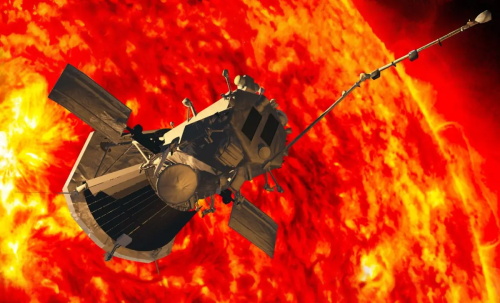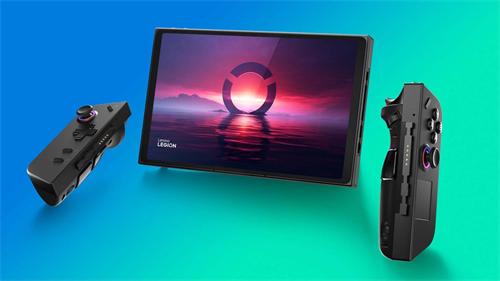NASA’s Parker Solar Probe: Igniting a New Era of AI-Driven Space Exploration

NASA’s Parker Solar Probe, launched in 2018, is not only venturing closer to the Sun than any spacecraft before but is also revolutionizing the way we process and utilize space data through advanced artificial intelligence (AI) algorithms. This mission is providing unprecedented insights into solar phenomena and setting the stage for future AI-integrated space exploration.
The Sun's corona, its outer atmosphere, exhibits temperatures soaring millions of degrees higher than its surface—a phenomenon that has puzzled scientists for decades. Understanding this anomaly, along with the acceleration of the solar wind and the behavior of energetic particles, is crucial for comprehending space weather and its impact on Earth.
The Parker Solar Probe is equipped with sophisticated instruments, such as the Integrated Science Investigation of the Sun (IS☉IS), designed to measure energetic particles like electrons, protons, and ions. These instruments collect vast amounts of data, which, thanks to AI, can be analyzed in real-time to identify patterns and make critical scientific insights that would be challenging for humans alone.
One of the significant challenges in space missions is the delay in data transmission and processing. To address this, NASA has developed AI algorithms that enable onboard data processing, allowing the spacecraft to autonomously determine which data are most critical to transmit back to Earth. This approach not only reduces data latency but also ensures that the most relevant information is prioritized for analysis.
For instance, these AI algorithms can detect anomalies, process images to extract valuable information about the corona's structure, and compress data efficiently for transmission. Such capabilities are vital for timely responses to solar events that could affect satellite operations and communication systems on Earth.
The success of AI integration in the Parker Solar Probe mission is influencing the design of future space missions. By demonstrating that AI can effectively manage and analyze data in the harsh environment of space, NASA is setting a precedent for incorporating intelligent systems into upcoming exploratory missions, including those targeting other planets and celestial bodies.
Moreover, the ability of AI to process data onboard means that future spacecraft can operate more independently, making real-time decisions without waiting for instructions from Earth. This autonomy is particularly beneficial for missions venturing into deep space, where communication delays are significant.
NASA's Parker Solar Probe is not only advancing our understanding of the Sun but also pioneering the integration of AI in space exploration. By enabling real-time data analysis and autonomous decision-making, AI is transforming how we conduct space missions, making them more efficient and responsive. As we continue to explore the cosmos, the fusion of AI and space technology will undoubtedly play a pivotal role in unlocking new frontiers.
Recommend for you:

Lenovo Legion Go 2: Detachable Controllers Meet High-End Gaming
Building upon the original Legion Go's innovative design, the Legion Go 2 introduces several enhancements aimed at delivering a superior gaming experience.
EU Unveils €20 Billion Plan to Establish AI Gigafactories
These state-of-the-art facilities are designed to house over 100,000 advanced AI processors, significantly enhancing Europe's AI capabilities and competitiveness on the global stage.
Xiaomi 15 Ultra: A Leap Forward in Smartphone Technology
With a focus on advanced camera capabilities, robust performance, and rapid charging, the 15 Ultra is poised to make a significant impact in the premium smartphone market.
L'Oréal's AI Skincare Innovations at CES 2025
At the Consumer Electronics Show (CES) 2025, L'Oréal unveiled a series of cutting-edge beauty technologies that blend artificial intelligence (AI) and augmented reality (AR) to revolutionize personal skincare and makeup experiences.
